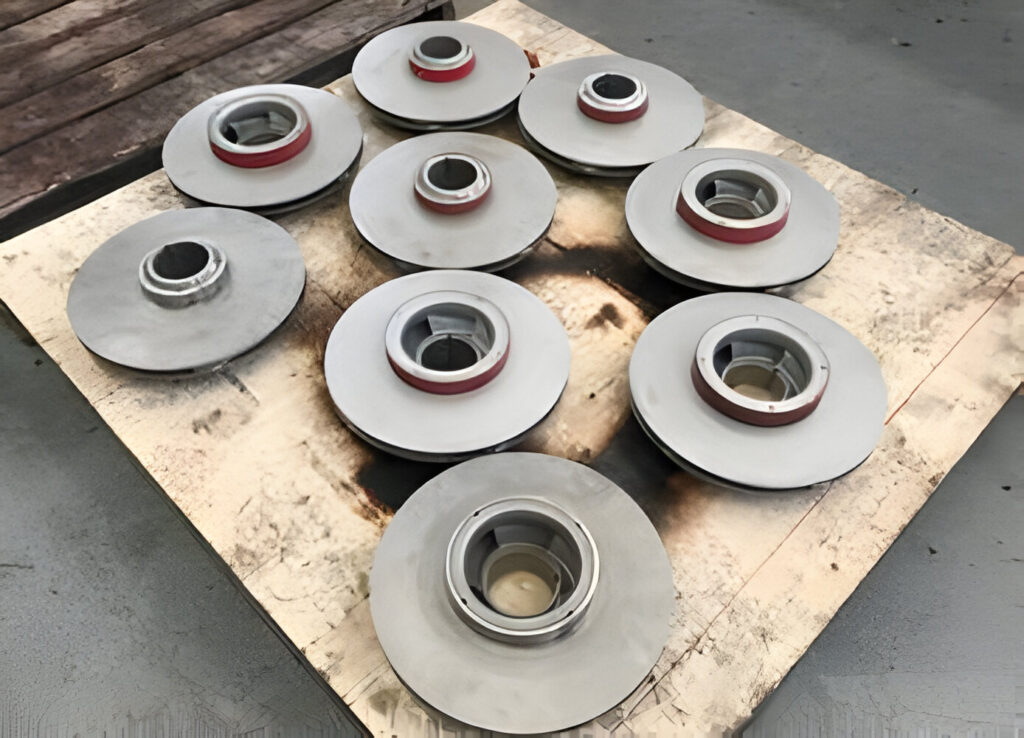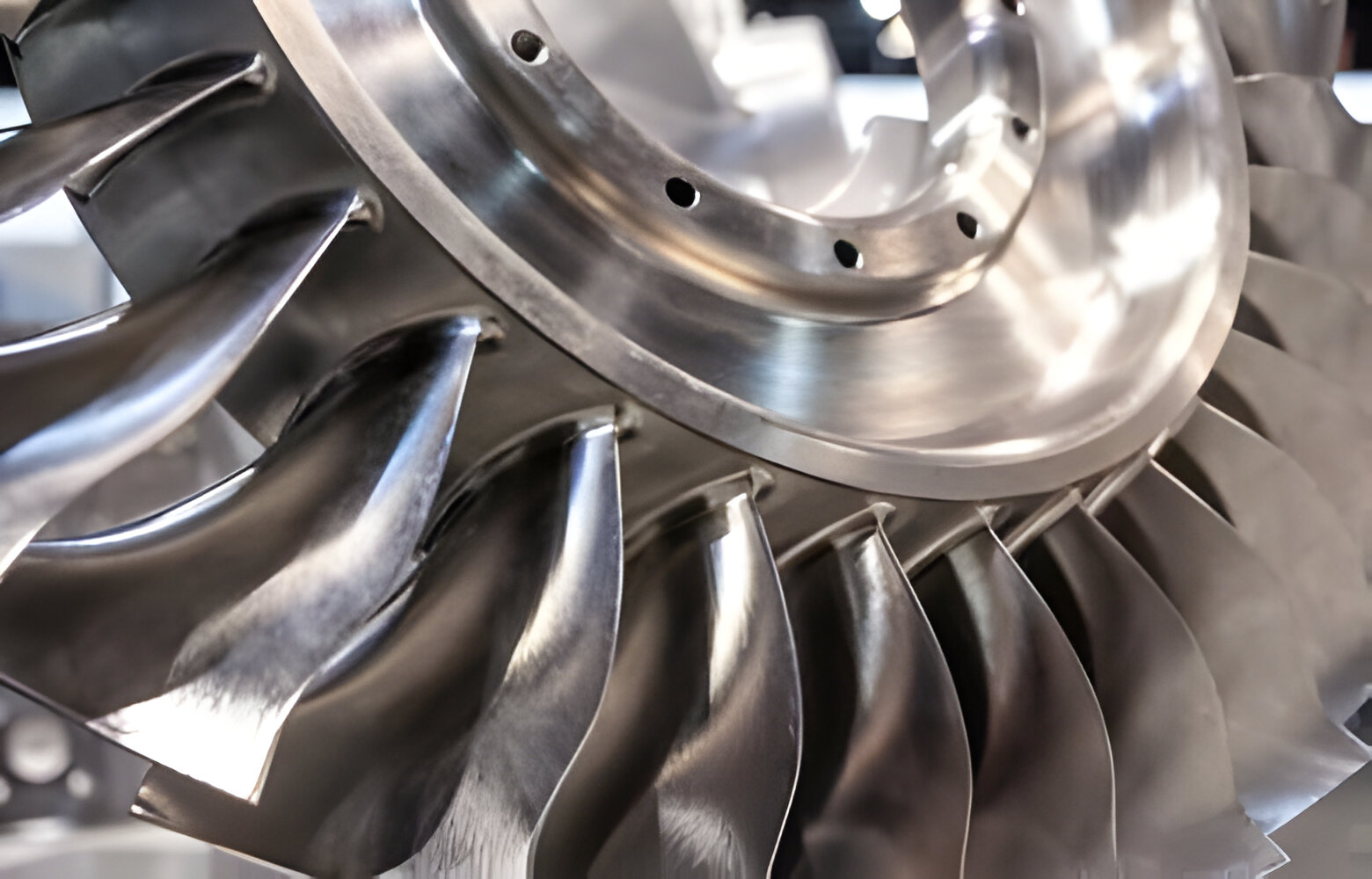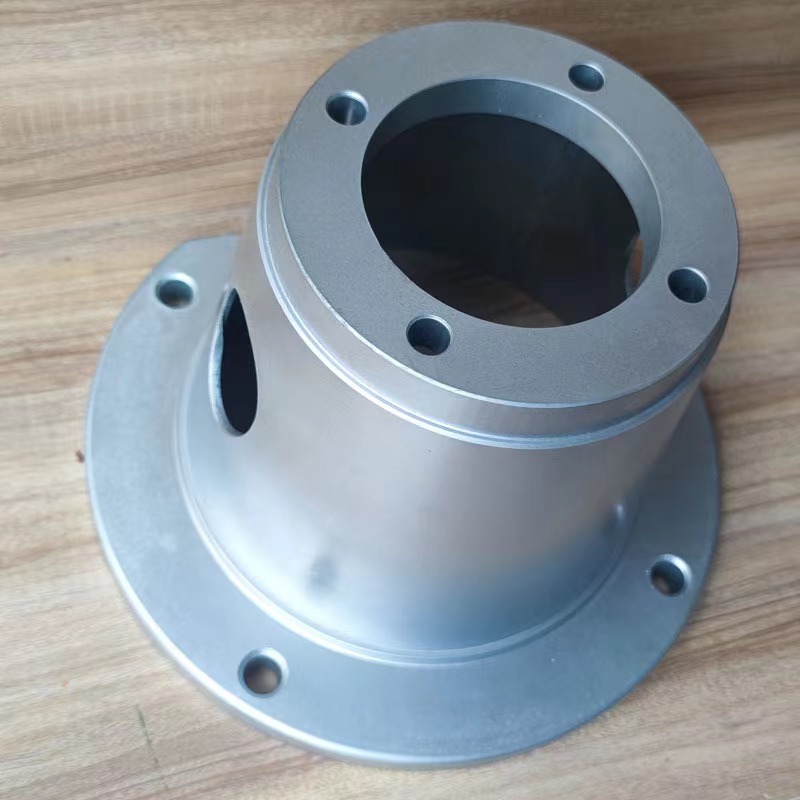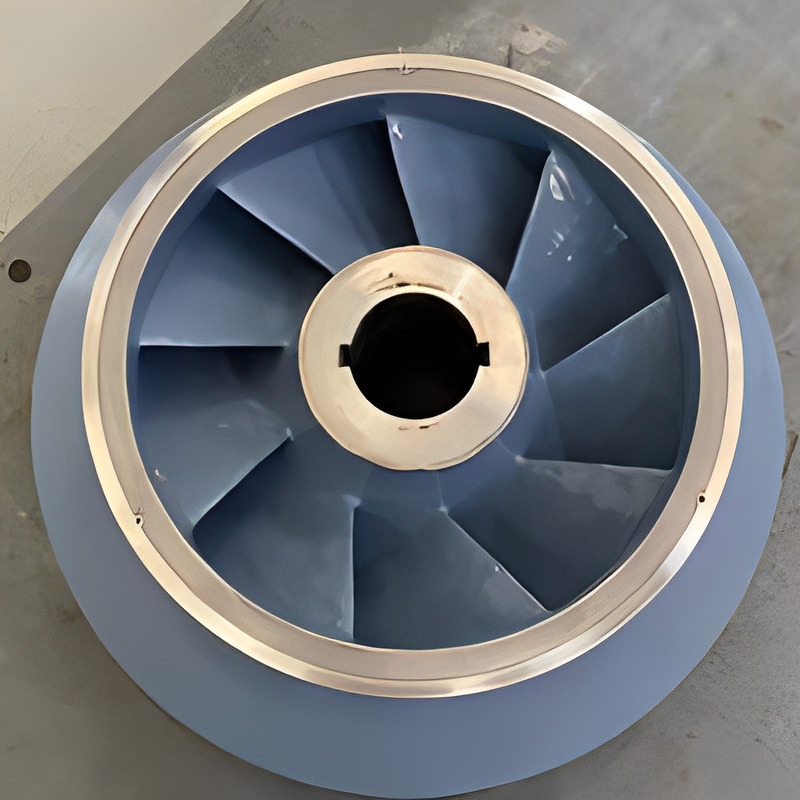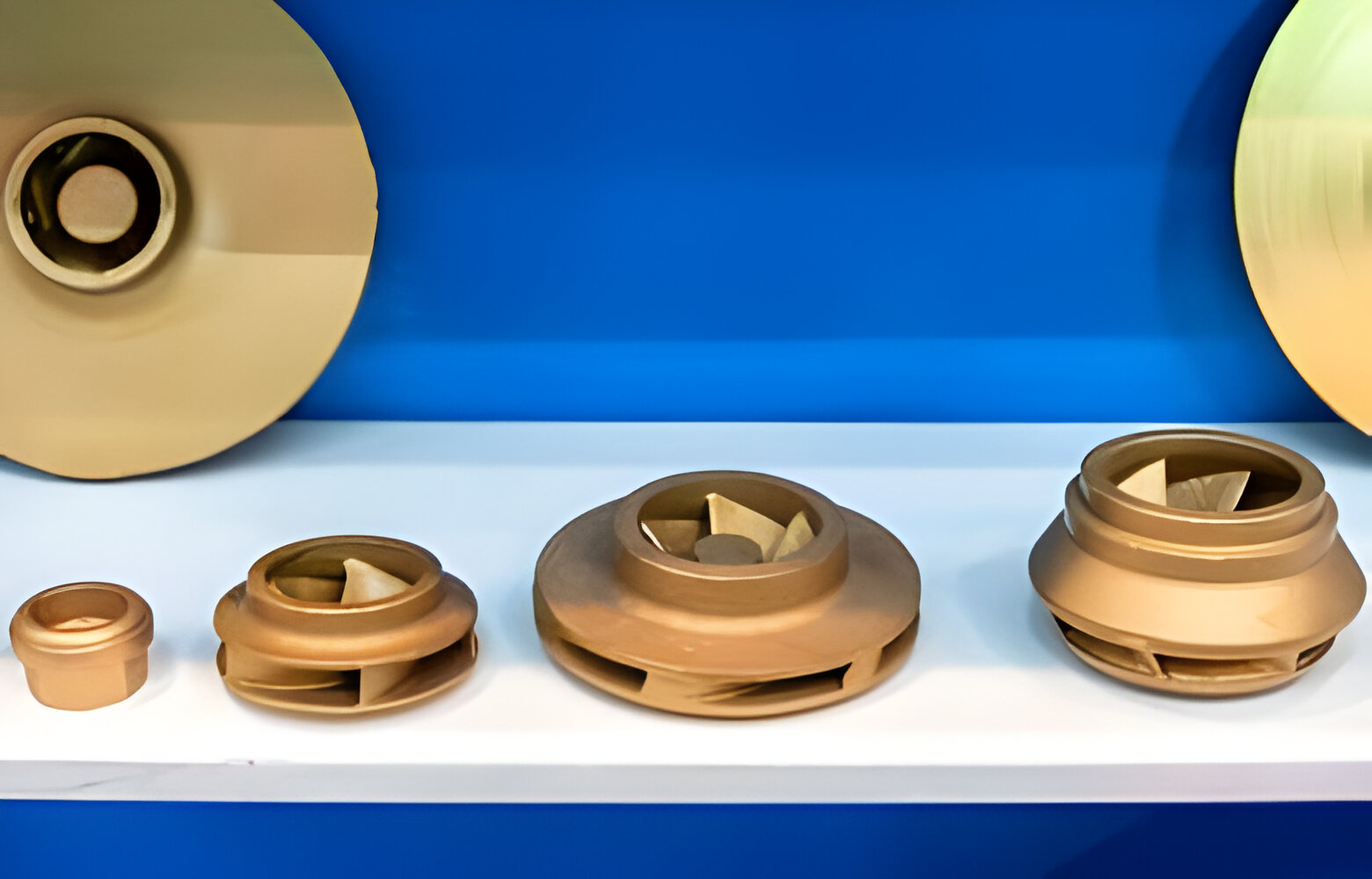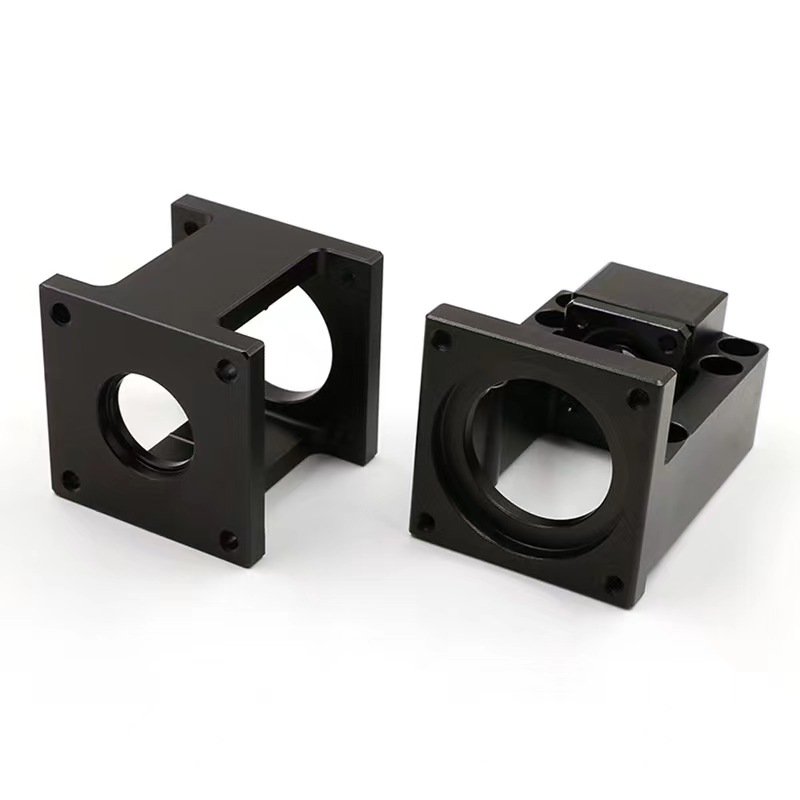Vacuum pump technology is crucial across various industries, from manufacturing to medical applications, where precise and reliable vacuum generation is a must. Central to the effectiveness of these vacuum pumps are their impellers, and the material used to construct these impellers is key to their performance and longevity. In this article, we'll explore the importance of vacuum pump impeller materials, delve into the different types and their applications, and discuss why selecting the right impeller from a trusted manufacturer can make a significant difference in your operations.
Understanding Vacuum Pump Impellers
A vacuum pump impeller is at the heart of centrifugal pumps, responsible for transferring energy from the motor to the pumped fluid by accelerating the fluid outwards from the center of rotation. The efficiency of a vacuum pump largely depends on the design and material of the impeller.
Key Materials Used in Impeller Manufacturing
The most commonly used materials for vacuum pump impellers include cast iron, stainless steel, and various composites. Each material offers distinct advantages:
- Cast Iron Impellers: These are known for their durability and cost-effectiveness. Cast iron impellers are widely used in applications where water and less corrosive substances are being pumped. However, they are generally heavier, which might influence the energy efficiency of the pump.
- Stainless Steel Impellers: These impellers are preferred for their resistance to corrosion and are suitable for pumping more corrosive fluids like chemicals or saltwater. Their robustness in harsh environments makes them ideal for industrial applications.
- Composite Materials: Modern impellers are also made from composite materials that combine light weight with high strength and corrosion resistance. These are increasingly favored in specialized applications such as in the medical or semiconductor industries, where non-metallic properties are beneficial.
Practical Applications of Various Impeller Types
Vacuum pump impellers find applications in a myriad of settings:
- Water Treatment Plants: Cast iron and stainless steel impellers are commonly used in water and wastewater treatment plants for their robustness and ability to handle large volumes of fluid.
- Chemical Processing: Stainless steel and composite impellers are essential in the chemical processing industry due to their ability to withstand aggressive chemicals without corroding.
- Medical Field: In medical applications, particularly in areas like pharmaceutical production and surgical procedures, composite impellers are valued for their precision and contamination-free characteristics.
Choosing the Right Impeller and Manufacturer
Selecting the right impeller involves considering the fluid properties, pump performance requirements, and environmental factors. It is crucial to source impellers from reputable manufacturers who can provide high-quality, precision-cast impellers tailored to specific needs.
At KT Foundry, we specialize in producing high-grade impeller castings tailored to your specific requirements. Our extensive range of products includes cast iron impellers, stainless steel impellers, and advanced composites, ensuring optimal performance for every application. Our expert team is on hand to guide you through selecting the perfect impeller for your vacuum pump needs.
Why Choose KT Foundry for Your Impeller Needs?
- Expertise and Experience: With years of experience in impeller casting, KT Foundry provides unparalleled expertise in both standard and customized impeller solutions.
- Quality Assurance: We adhere to strict quality standards to ensure that every impeller delivers on performance and durability.
- Customer-Centric Approach: We understand that every application is unique, and offer personalized service to match.
For more information on our vacuum pump impellers and to discuss your specific requirements, visit our website at kt-foundry. Connect with us today to enhance the efficiency and reliability of your pumping systems.

